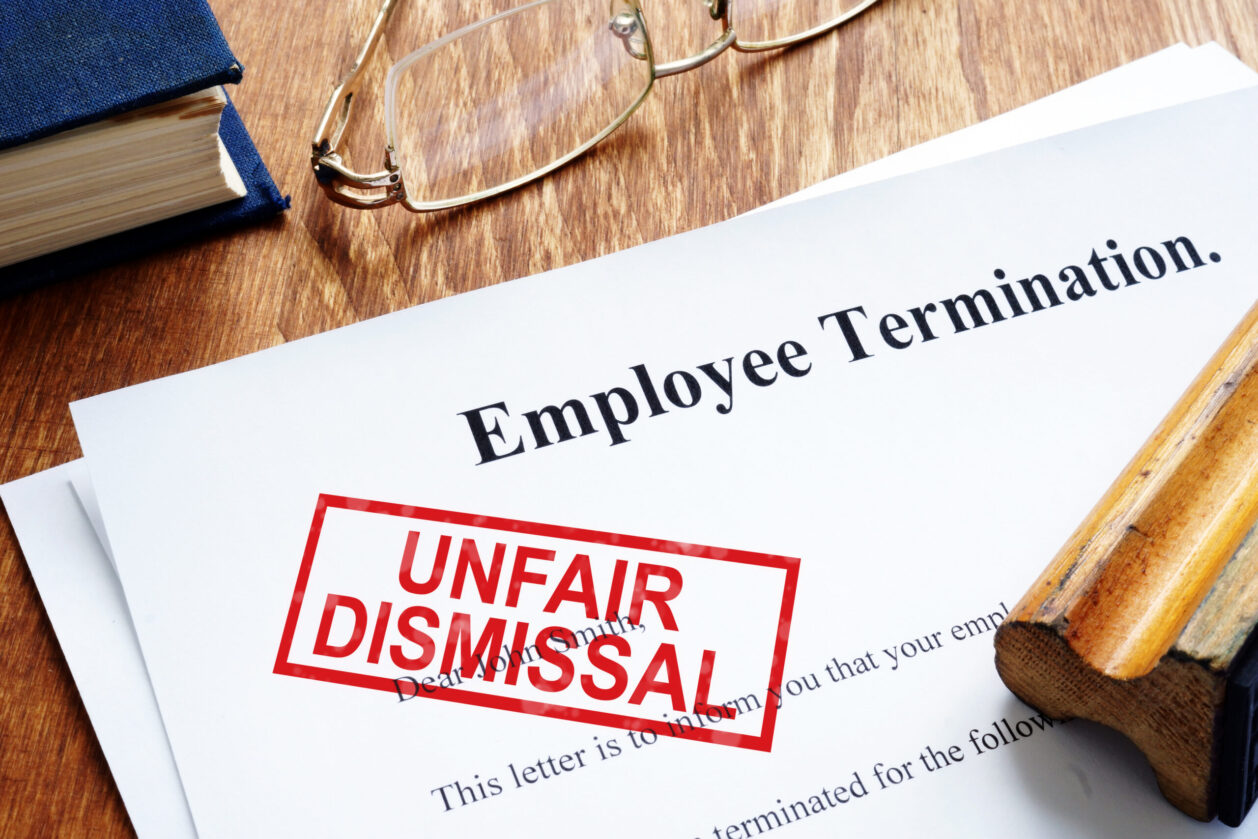The Fair Work Act (Cth) 2009 (FW Act) requires employers to keep specific employee records.
Many awards and agreements also require employers to keep records, such as time and wages records. Awards and agreements should be consulted in conjunction with the information provided below. Employers are required by law to keep employment records for a minimum of seven years.
Employees employed by national system employers
The FW Act requires national system employers to maintain extensive records in relation to:
- basic employment details
- pay records
- overtime hours worked
- averaging arrangements
- leave entitlements
- superannuation contributions
- individual flexibility arrangement records
- guarantee of annual earnings
- termination of employment
- transfer of business.
Presentation of records and pay slips
It is the responsibility of the employer to ensure all records are in a legible form, in the English language and readily accessible to an inspector. An employer can provide an electronic pay slip to an employee provided it includes the same information as a hard copy of the pay slip. The employer must give a pay slip to each employee within one working day of paying employees for the work performed. Further record keeping requirements may be specified in modern awards or enterprise agreements.
What information should be included on a pay slip?
- The employer’s name
- The employer’s ABN
- The employee’s name
- The date of payment
- The dates of the pay period
- The gross and net payments
- Any deductions to the gross payments
- Superannuation contributions
- A record of all hours worked must be kept for casual and irregular part time employees who have a guaranteed basic rate of pay; and
- Where an employee is entitled to be paid an incentive-based payment, a bonus, a loading, a penalty rate or another monetary allowance, the record must contain details of the payment.
- Where an employee is paid an hourly rate of pay, the record must also clearly specify the rate of pay for the ordinary hours, the number of hours the employee worked during that period and the amount for the hours worked.
- A salaried employee’s pay slip must detail the current rate of pay as at the date to which the payment relates.
In relation to hours worked, employers are required to keep the following records:
- If an employee works overtime hours and a penalty rate or loading is applicable, the records to be kept are:
-
- the number of overtime hours worked by the employee during the day; or
- when the employee started and ceased working overtime hours.
-
- If the employer and the employee agree in writing to average the employees’ hours of work, it must be in accordance with the Act and any applicable modern award or enterprise agreement. The employer must also keep a copy of that agreement. In relation to leave, the employer must keep records that specify:
-
- Any leave taken
- The balance of the employee’s entitlement to leave
-
If any cashing out arrangements are made in writing between the employer and the employee, the employer must keep a copy of the written agreement and a record of the amount cashed out.
In relation to long service leave, the employer must keep records that specify:
- The employee’s name, and if the employee is under
21 years of age, the employee’s date of birth - The date the employee commenced employment with
the employer - The gross and net amounts paid to the employees including any deductions and the reason for those deductions;
- All paid and unpaid leave taken by the employee
- Details of any agreement between the employee and employer to contract out of Long Service Leave made under section 5 of the Long Service Leave Act 1958
- Each record must be retained during the employment of
the employee and for not less than 7 years thereafter.
Who can access employment records?
An employee or a former employee can request to view their own time and wages records. The employer must make the records available for inspection and make copies on request. A Fair Work Inspector, appointed under the FW Act, can also request in writing to inspect or take copies of employment records.
What happens if an employer contravenes the record keeping, and pay slip requirements?
Fair Work Inspectors can issue an employer with an infringement notice if they fail to meet the requirements under the Act. The fines payable for an infringement notice are:
- $12,600 (or $126,000 for serious breaches) for an individual contravening the FW Act
- $63,000 (or $630,000 for serious breaches) for a body corporate contravening the FW Act.
Please contact the CCI Employee Relations Advice Centre on (08) 9365 7660 or email [email protected] for further information.






